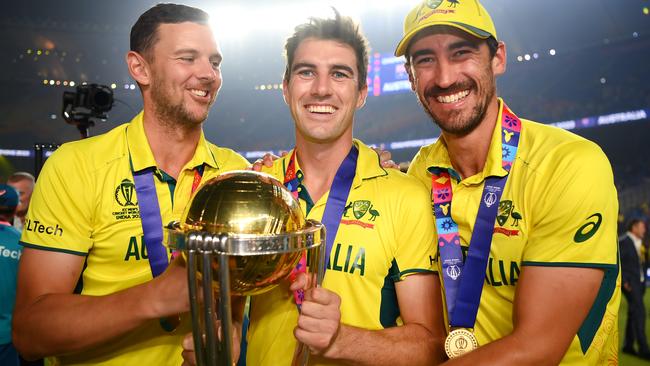
Both of those, in 2013 and in 2017, largely billed as being the last of their kind.
For, the fact is the Champions Trophy as a concept has been kept on life support for most parts of the decade and a half since Ricky Ponting’s men won it twice back-to-back. Those victories ended a drought – by their standards – that lasted the first eight years since the tournament’s conception. A period in which it became like the one-time fun relative who you increasingly had no time for and tried your level best to move on from, but simply couldn’t. The one who you feel obliged to send Christmas cards to and invite for house parties, while quietly wishing they never came.
But they keep coming back, just like the Champions Trophy.
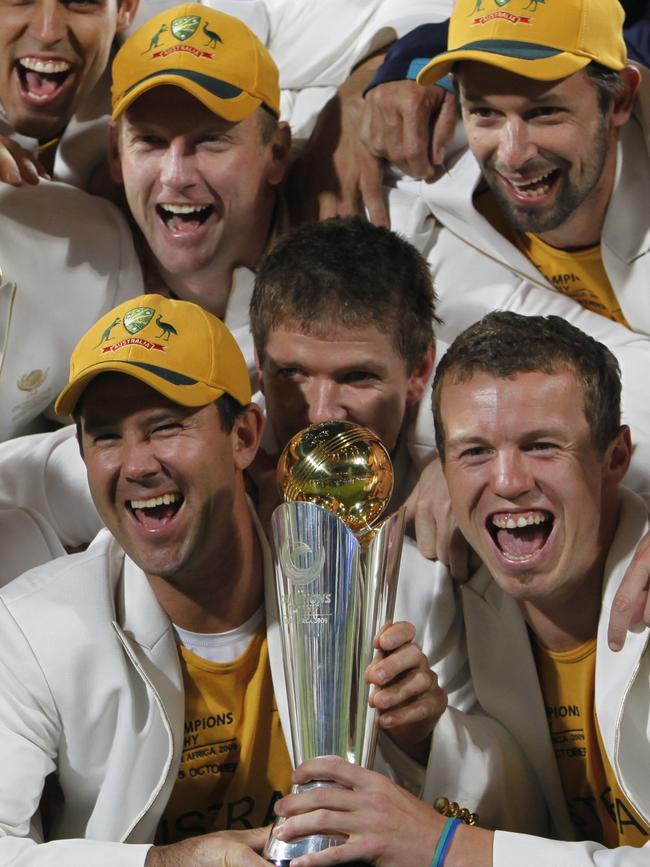
So, before we even get down to breaking down Australia’s chances in the ICC’s latest attempt to reignite interest around a concept that they’d shelved for eight years, it’s probably important to figure what’s at stake here for the current 50-over world champions.
There are, of course, the rather chic and natty off-white blazers that you get to wear as winners of the Champions Trophy. Along with the prospect of winning three ICC white-ball tournaments in the space of little more than three years since they won their maiden T20 World Cup in 2021.
They don’t go in as outright favourites, like they didn’t when they won their last two World Cups. Especially not after the slew of late withdrawals and one retirement last week.
It’ll be their first appearance in a multi-team world event in over a decade without their world-class pace trio of Mitchell Starc, Pat Cummins and Josh Hazlewood to start with. The absence of the two beefy all-rounders, the injured Mitch Marsh and the now-retired Marcus Stoinis, will also mean they’ll be bereft of some serious heft in many ways.
There is, however, still a lot to fear for the opposition when it comes to Australia’s batting might, particularly in terms of those who can single-handedly destroy attacks.
Whether it’s Travis Head at the top, Glenn Maxwell in the lower middle order or Steve Smith in the form of his life.
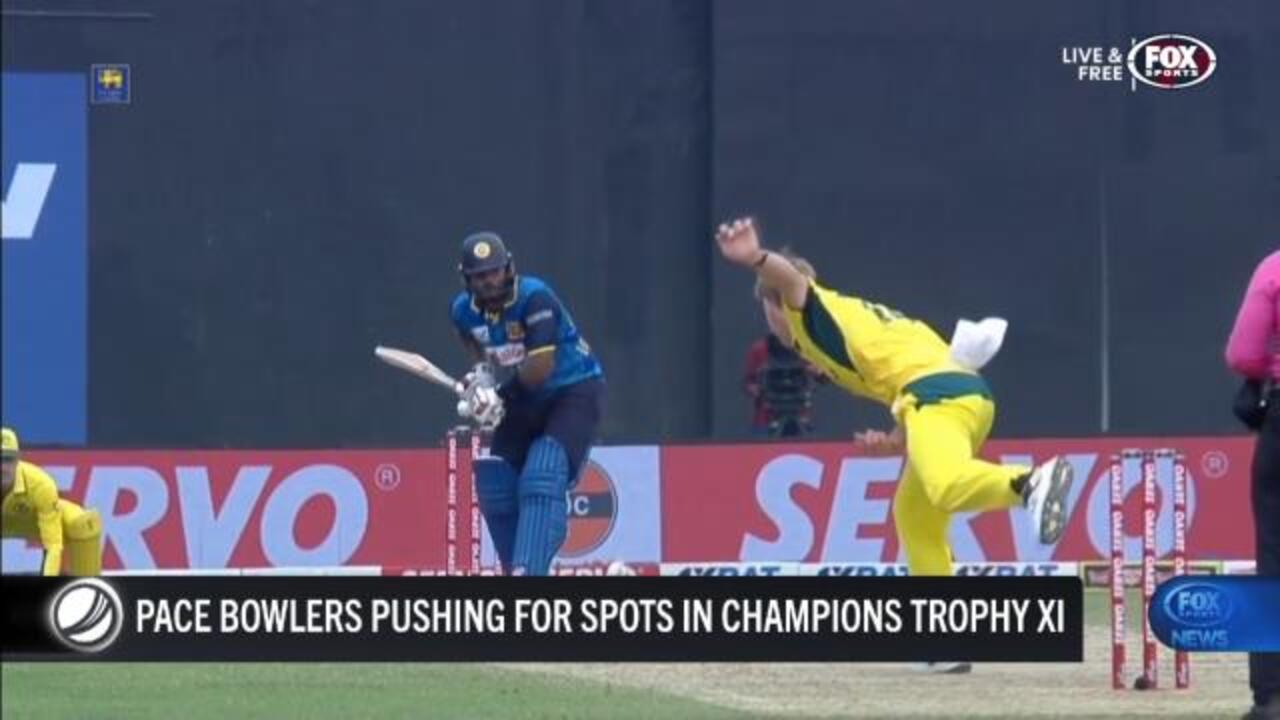
This will also be Smith’s first stint as captain in an ICC event since the last Champions Trophy eight years ago, when Australia failed to win a match.
There’s also the in-form wicketkeeping duo of Josh Inglis and Alex Carey who are more than likely to pair up to add some depth to the middle order.
The issue for Australia, especially in the tight format of the Champions Trophy, is if their aforementioned starry names with the bat do not come to the party. There’s no David Warner – who was tremendous in ICC events – at the top to shore up the engine room, while Marsh and Stoinis will be missed greatly as the powerhouses in the middle-to- late overs. Their obvious replacement, Cameron Green, is also unavailable.
The misfortune of the established stars does open the window of opportunity for the likes of Matt Short or Jake Fraser-McGurk to take over the responsibility left by Warner, but in conditions that they aren’t fully accustomed to, with all of Australia’s league matches scheduled for Pakistan. The same with all-rounder Aaron Hardie, who will have some large shoes to fill. And though it’s a very small sample size, Australia did seem to lack depth with Head, Maxwell and Inglis on the bench for the first of two ODIs in Colombo this week.
The biggest question mark for Australia is obviously with their bowling ranks, which will now be led by the redoubtable Adam Zampa. After having relied so heavily on Starc, Cummins and Hazlewood, who’ve always been available for ICC events even if they haven’t been around for too many of the bilaterals, the Champions Trophy calls for a major step-up for the likes of Sean Abbott, Spencer Johnson and Nathan Ellis. Two of them have been around World Cup set-ups for a while now, with Abbott having played his role in the win in India back in 2023.
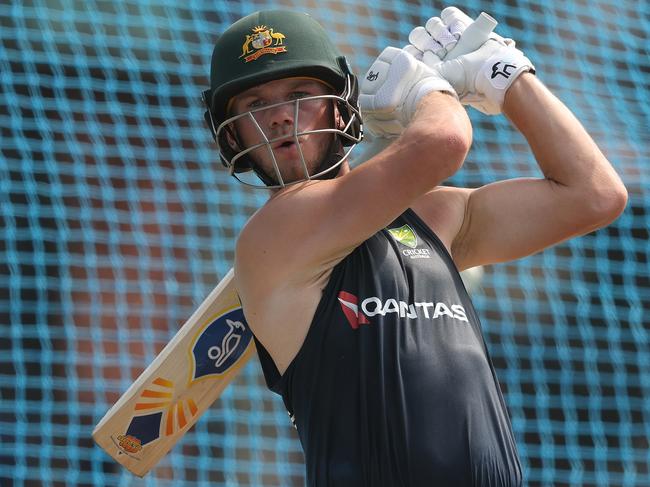
Johnson, whose ODI career heading into Friday’s clash with Sri Lanka consists of just three games, hasn’t minded the responsibility of bowling and striking with the new-ball in his handful of appearances. But as seen in Wednesday’s match against the Sri Lankans, it’s how he and the rest back up in later spells that will make the difference.
Australia will be up against some aggressive-minded opponents too in Afghanistan, England and South Africa, all of whom have a bevy of power-hitters and game-breakers. They, like Charith Asalanka on Wednesday, will feed on the collective inexperience of the Australian pace attack as the ball gets softer and the boundaries get more sought-after.
The golden rule with predicting winners for world events in limited overs cricket is to never write off Australia, and you’d do that at your own peril here. But it’ll take something quite special to come home with this trophy.
This could well be the last-time the Champions Trophy is played, even if subsequent editions are currently scheduled. You never know, considering its history.
For, it’s a very safe argument to make that a tournament that started out in 1998 as a way of enriching countries outside the Test world has turned into one that is mostly about accommodating one contest that generates more money than most others in modern-day sport – the otherwise elusive India v Pakistan match. Or two, if they get lucky like in 2017.



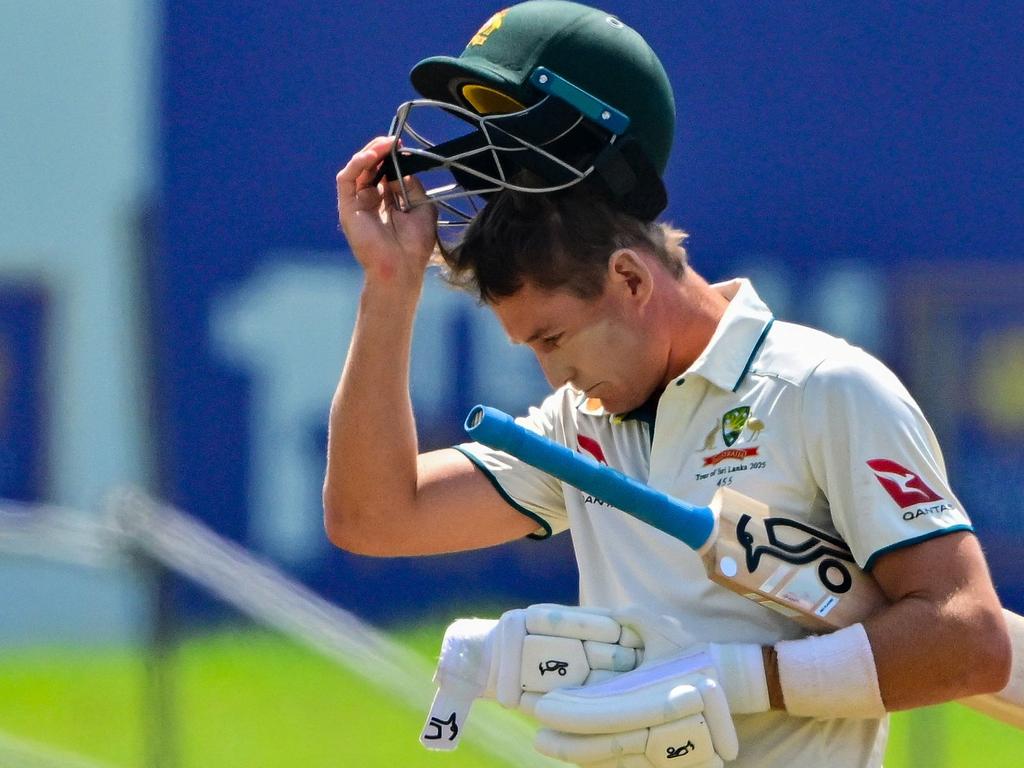
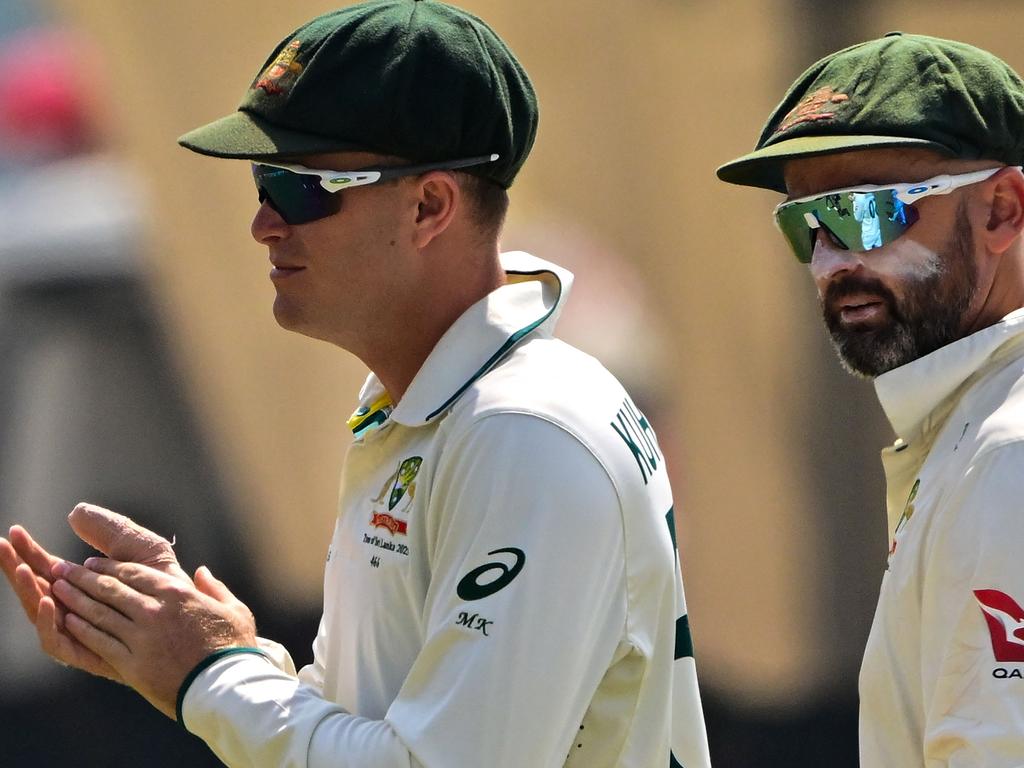


It’s been 16 years since Australia last won the Champions Trophy. But before you get concerned about their worrying record in the tournament, also be aware that there have been only two more editions of the tournament played since they last lifted the trophy in 2009 in South Africa.